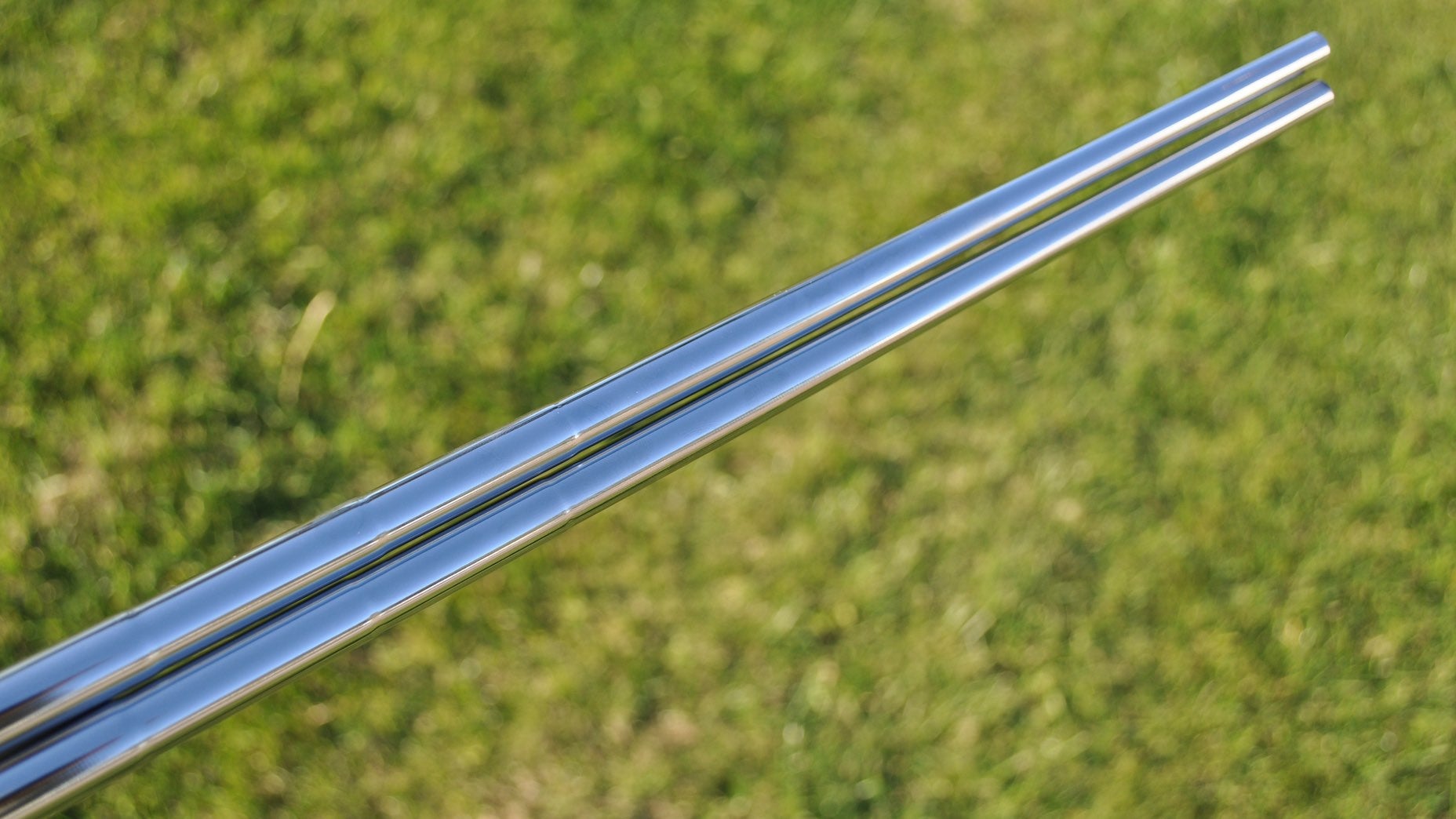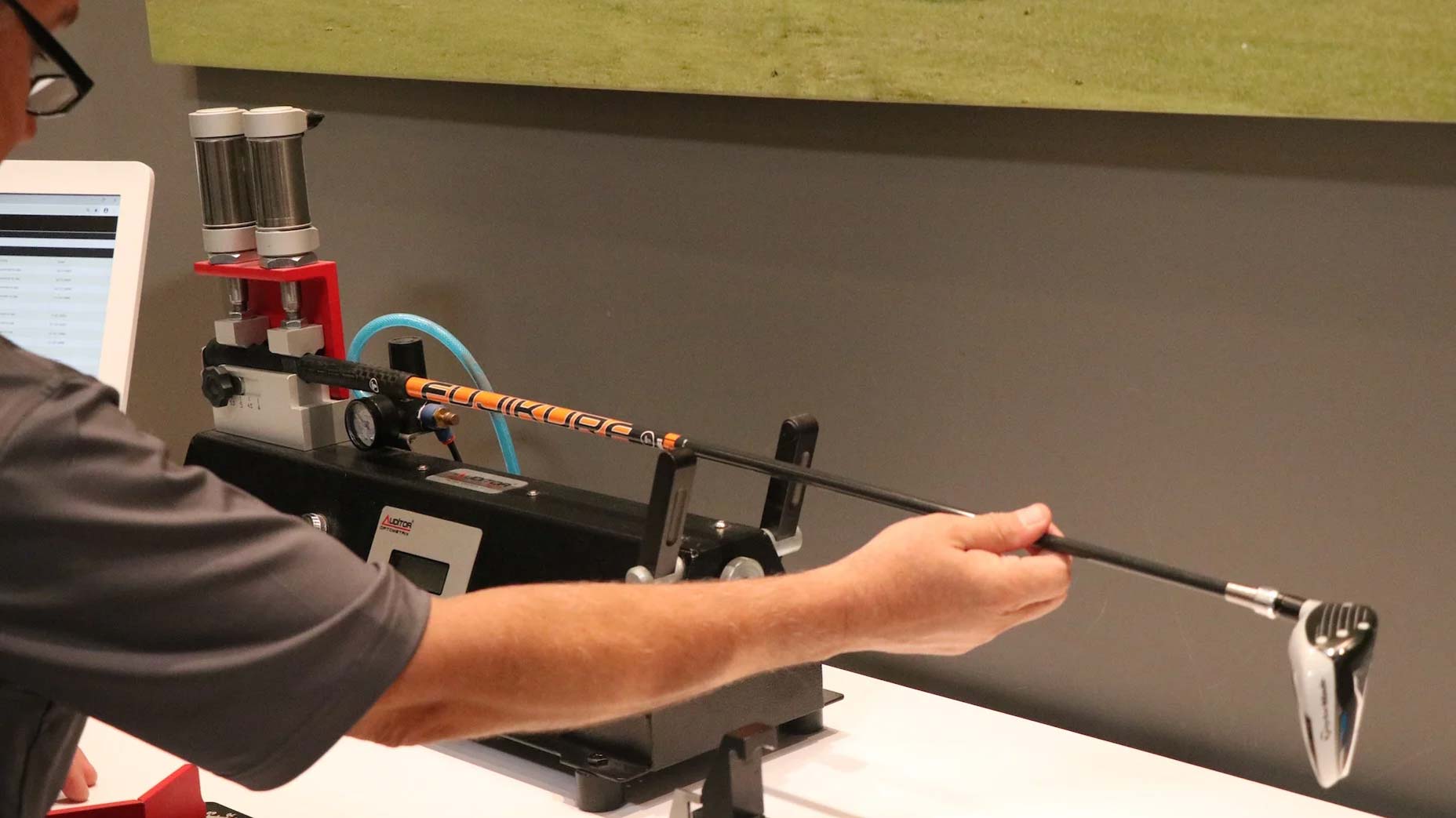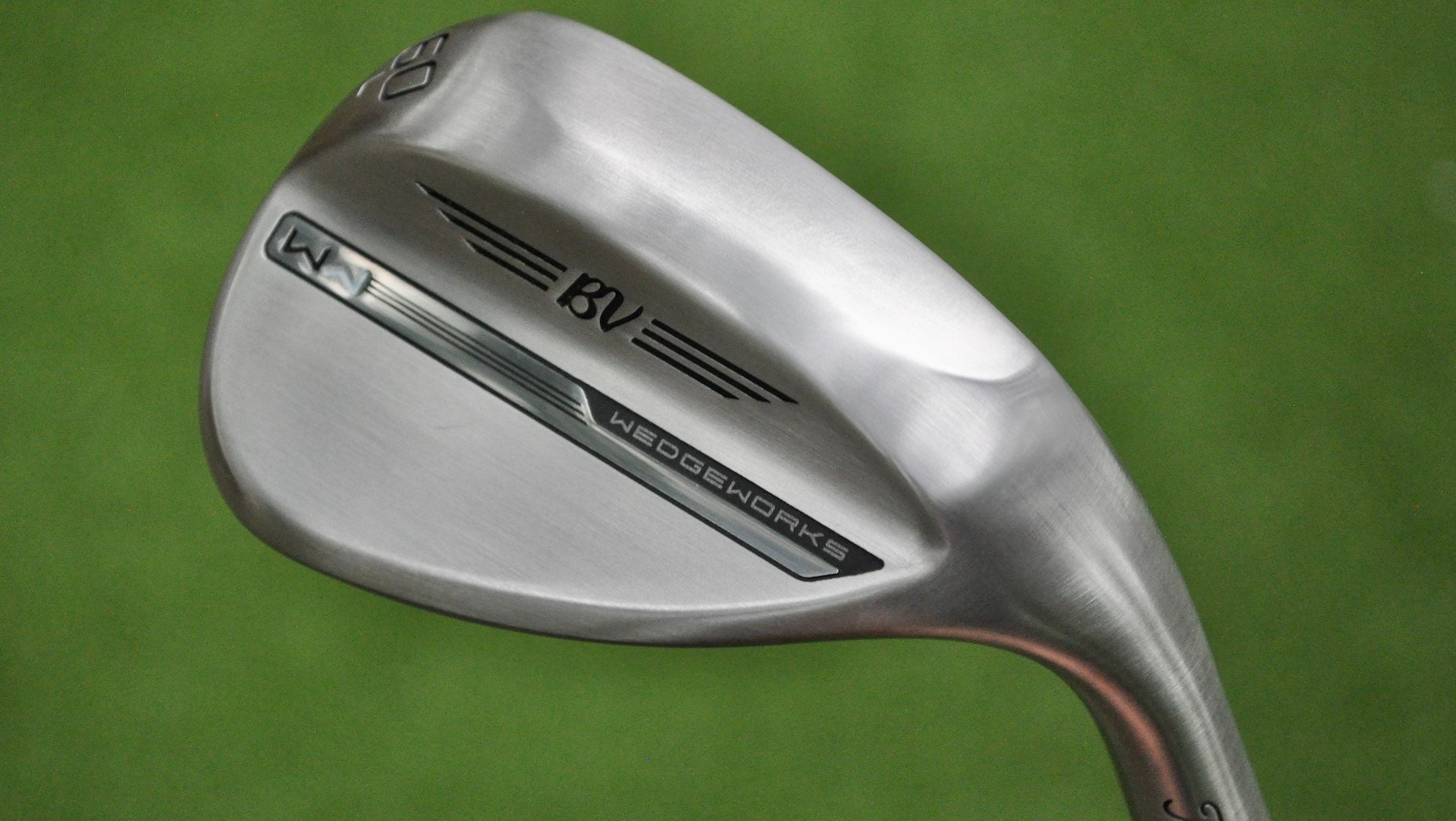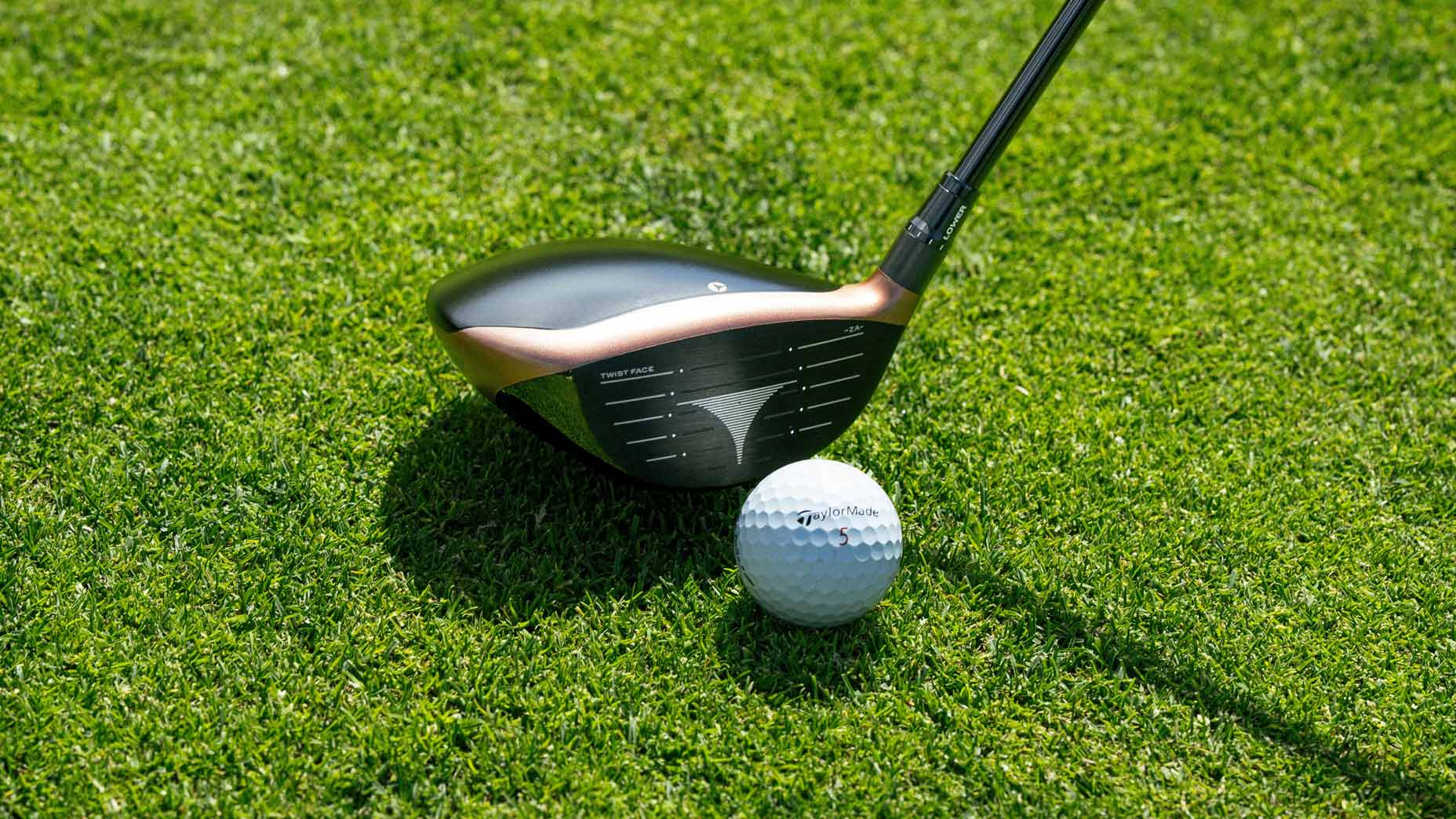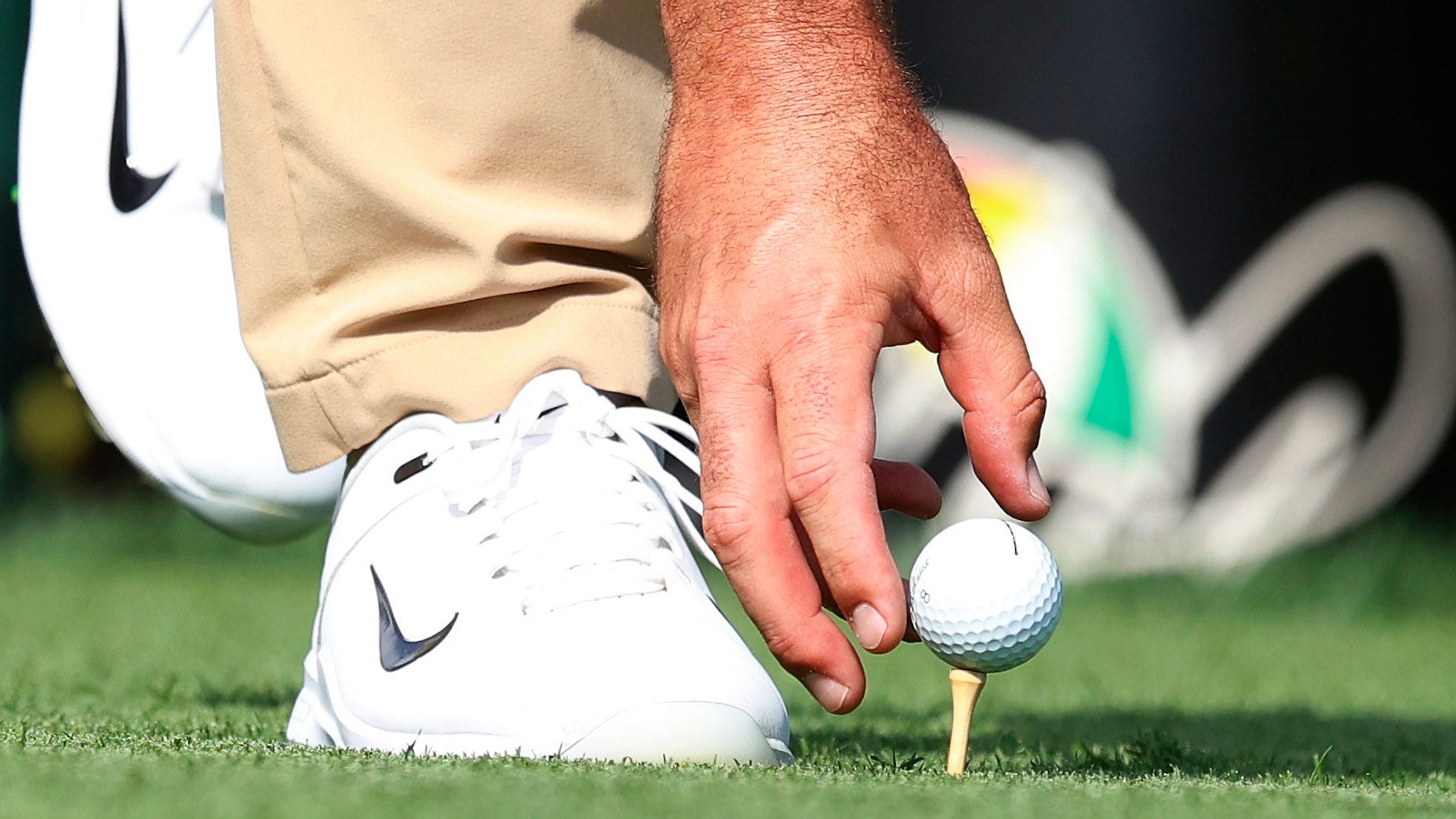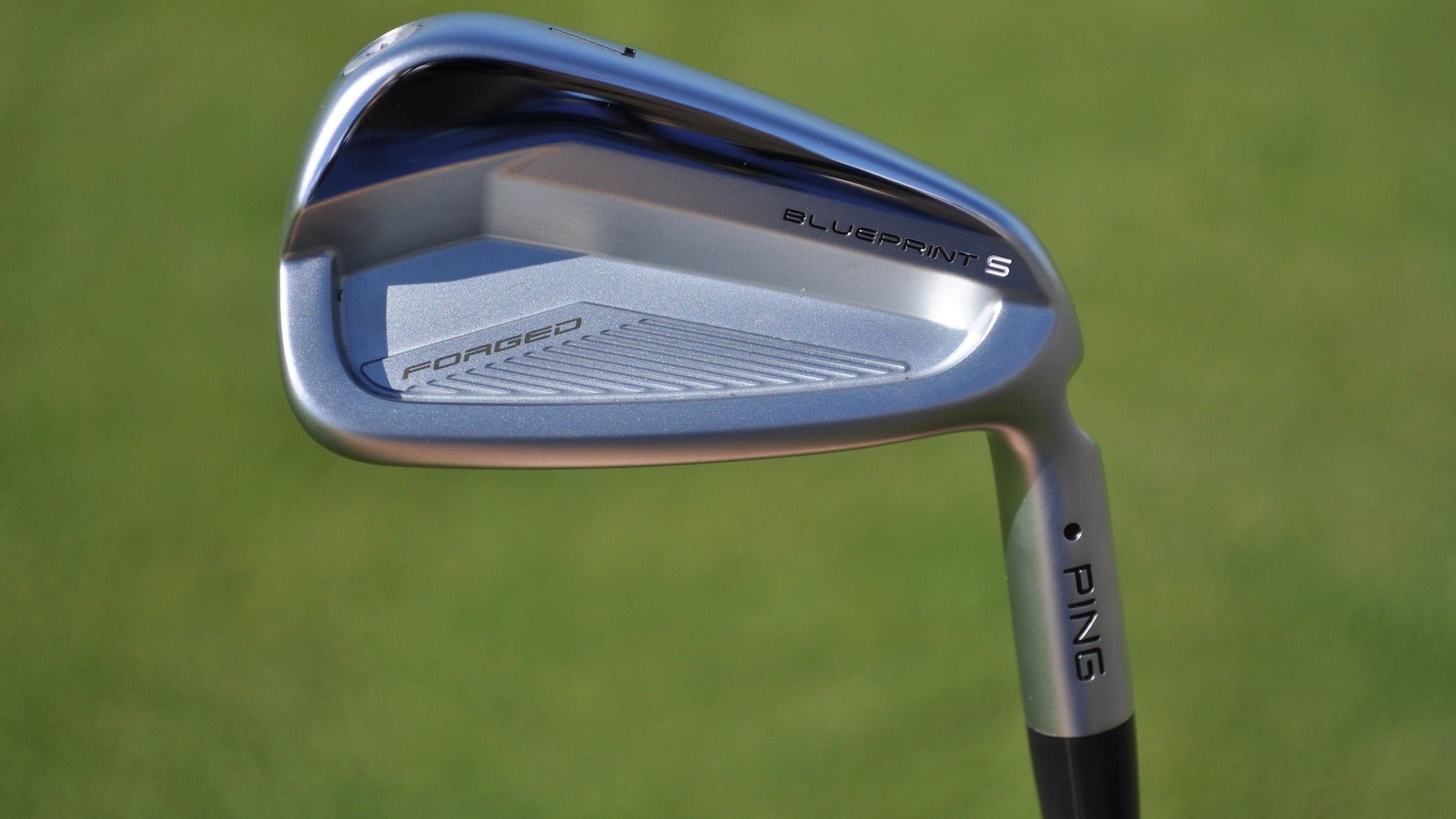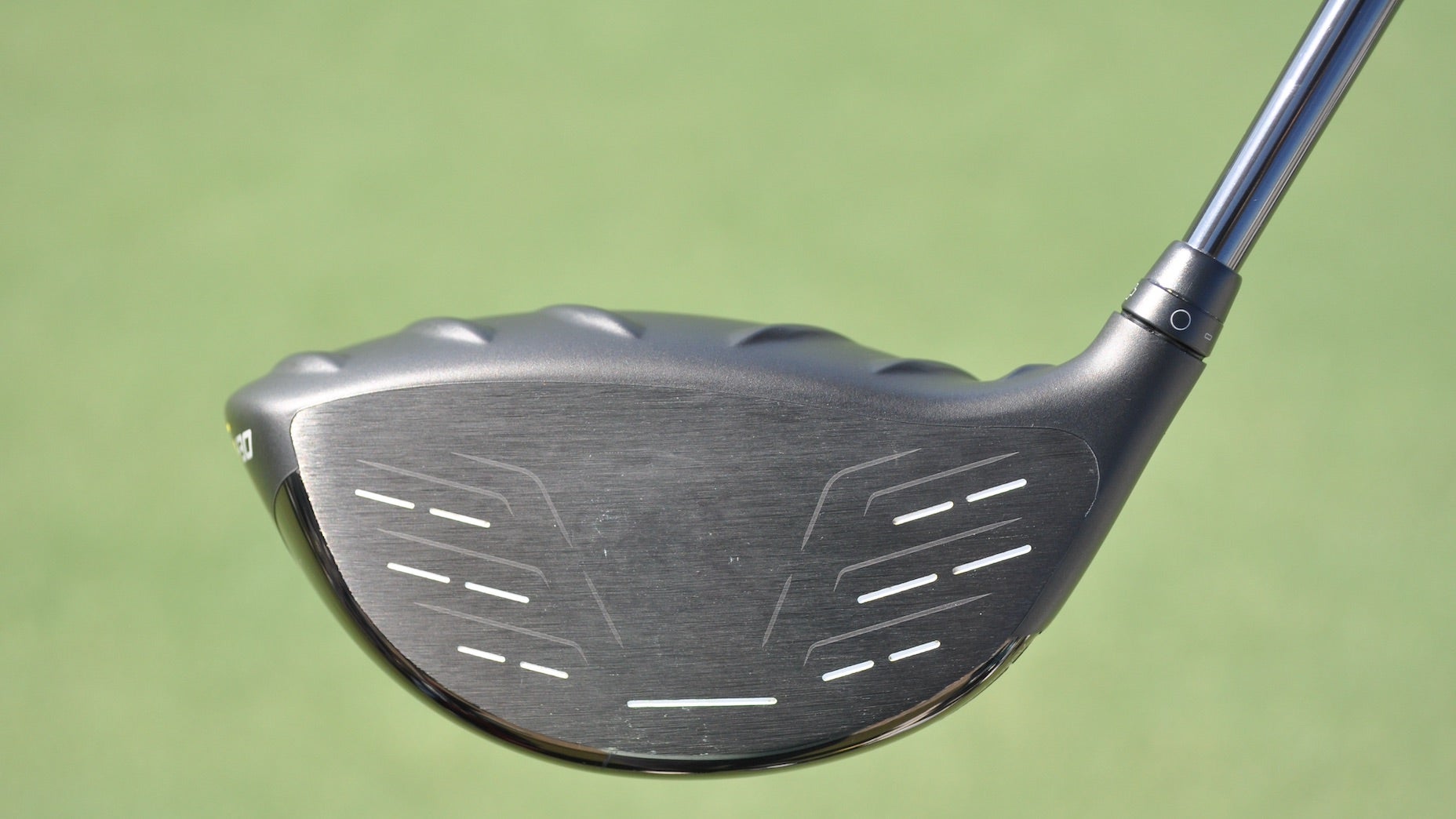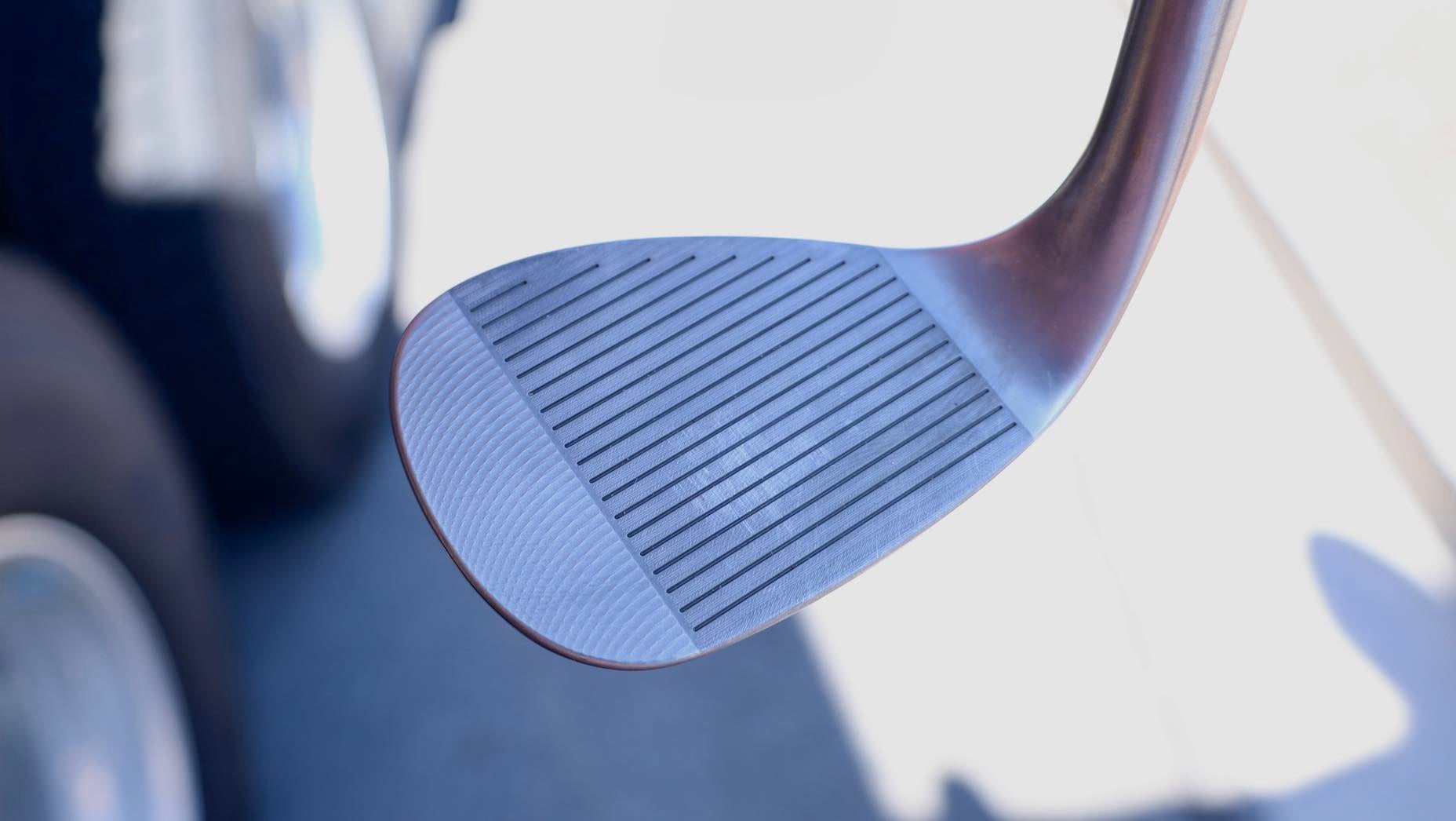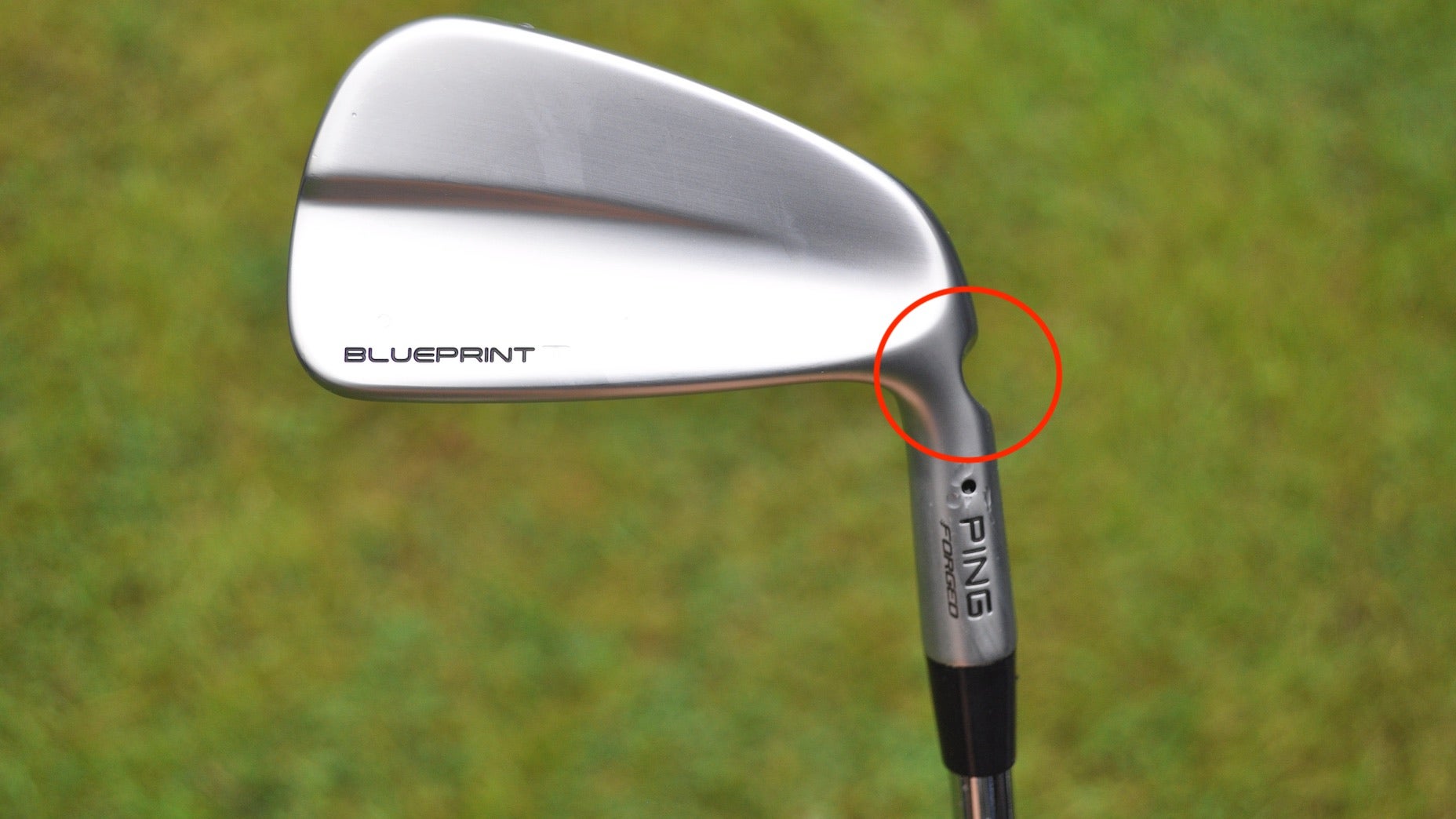Welcome to another edition of the Fully Equipped Mailbag, sponsored by Cleveland/Srixon Golf, an interactive GOLF.com series in which we field your hard-hitting gear questions.
I have all s-flex clubs in my bag. Should I play the same flex in all my clubs or mix it up? – Martin J., New York
This is a great question and I believe we’ve covered it before within the last few years. Still, info like this bears repeating, so here goes.
The simple answer is…there isn’t one. How you swing from one club to another is as personal as your signature. You may be an aggressive swinger with the driver but prefer to scale back with woods and hybrids. Or, you might be an easy swinger with the driver but prefer to hit your irons with greater speed. Really, it’s up to you and your fitter to determine your best flex profile for each and every club. Even if that means having shafts of varying flex through the set.
And for the matter, flex has much more to do with how rigid a shaft is. How it bends is one thing, but when it bends and where it bends are also equally important. Also, no two shaft manufacturers use the exact same shaft ratings, which can make things a bit complicated.
Let’s walk through it for a bit.
Most shafts are categorized by their flex rating, which is usually categorized as either lady, senior, regular, stiff, extra-stiff and beyond. As mentioned, it’s important to understand that a stiff flex from one brand might be either a regular or extra-stiff flex in another.
Here’s the shaft flex you should play based on your swing speedBy: Zephyr Melton
Sometimes shafts are labeled by what’s called a frequency rating—the number of times the shafts oscillates when clamped down at the grip end. The lower the cycles per minute, i.e. frequency, the more flexible the shaft. The higher the frequency, the stiffer the shaft.
Some equipment fitters like True Spec Golf provide a service called “frequency matching”, where shafts are aligned by frequency to ensure a smooth transition from one club to another. Meaning, as your shafts get shorter in shorter clubs they also get progressively stiffer—using frequency matching can help ensure the different in frequencies are spaced out evenly by about 4 CPMs.
Here’s the rub, though. Looking at shaft flex and/or frequency is a good starting point and more equitable than simply going by the flex name, but it doesn’t tell the whole story. Other factors that come into play include where shafts bend, not just how much they bend. Shafts with bend points higher on the shaft (towards the grip) produce much lower trajectories than shafts with lower bend points (towards the clubhead). And for what it’s worth, softer flex shafts tend to twist more at impact, which can help or hurt you depending on what you’re looking for.
Gear 101: What does ‘CPM’ of a golf shaft actually mean?By: Andrew Tursky
Also, your swing tempo plays a big part in determining the right shaft. You may have a fast swingspeed but if you also have a smooth tempo with a long, slow transition from backswing to downswing, it’s possible you can get away with a flexier shaft for an extra boost of distance. Or maybe you have an average-to-slower swingspeed but have a very fast tempo. In this case, a stiffer shaft might work better for you. Point being, you ought to consider your tempo with each club along with your swingspeed to determine your optimal shaft flex(es).
This bring us back to your question. If you have an s-flex in your driver, woods and irons, but each are different models from different brands, you might already have a big variety in your shaft flexes to begin with. That could be an okay thing if you’re comfortable with all your clubs, but also could be the reason why your driver and/or woods feel great but your irons don’t—or vice versa. A great way to solve this is to get your clubs checked by a fitter and based your data, get your clubs tweaked as needed so every club feels good in your hands and when you swing–even if it means some of your clubs have different flex ratings and/or frequencies.
Want to overhaul your bag for 2022? Find a fitting location near you at GOLF’s affiliate company True Spec Golf. For more on the latest gear news and information, check out our latest Fully Equipped podcast below.
